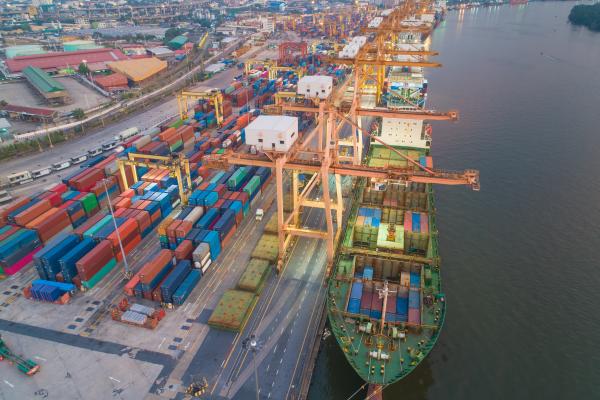Pre-Informed Consent: A Cornerstone of Legal and Ethical Material Export.

Pre-Informed Consent: A Cornerstone of Legal & Ethical Material Export
Often, terms like “Notification,” “TFS,” and “Pre-informed Consent” are used interchangeably when discussing waste exports. However, Pre-Informed Consent (PIC) is the specific process required for exporting Amber List materials (learn more about Amber List here) and offers several advantages for fostering a circular economy.
What is Pre-Informed Consent?
PIC: is a procedure that ensures communities and individuals are aware of and agree to the export of waste from their region. This is particularly important in international waste trade, especially when waste is sent to developing countries for disposal or recycling.
Trans-Frontier Shipments (TFS): TFS refers to the movement of waste across international borders. This can involve exporting waste for disposal, recycling, or recovery. While some shipments are legitimate, others can lead to environmental harm, public health risks, and social injustice.
Notification: Notification is the process of informing relevant authorities about a planned waste shipment across borders. This is typically mandated by international agreements like the Basel Convention to ensure responsible waste handling and compliance with environmental regulations.#
The Benefits of PIC
PIC offers several benefits:
- Environmental Protection: PIC helps prevent waste dumping in countries with weaker environmental regulations, ensuring responsible export and adherence to international standards.
- Public Health: Improper waste management poses health and environmental risks. PIC protects local populations by ensuring authorities are aware of potential exports and have a say in waste management.
- Social Justice: PIC prevents exploitation of developing countries as dumping grounds, ensuring equitable sharing of benefits and risks.
How Pre-Informed Consent Works
Obtaining PIC involves:
- Securing Consent: All parties involved must consent to the continuous movement of material over a defined period from a single export point, via a specified route, to a named recycling processor.
- Defining Shipments: The number of shipments is determined at application, setting fees and preventing changes after consent.
- Detailed Application: The application process is extensive, requiring full disclosure of business operations, material handling, destination, and recycling methods. Application fees are listed here.
- Paying Fees: Fees vary based on the number of shipments and the receiving authority.
- Financial Guarantee: A guarantee is required to cover storage, repatriation, and disposal costs if issues arise.
Conclusion
Pre-informed consent is essential for ethical and responsible waste export. By providing transparency, clear parameters, and financial security, it supports a global circular economy and promotes sustainability.
